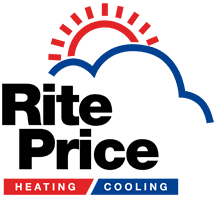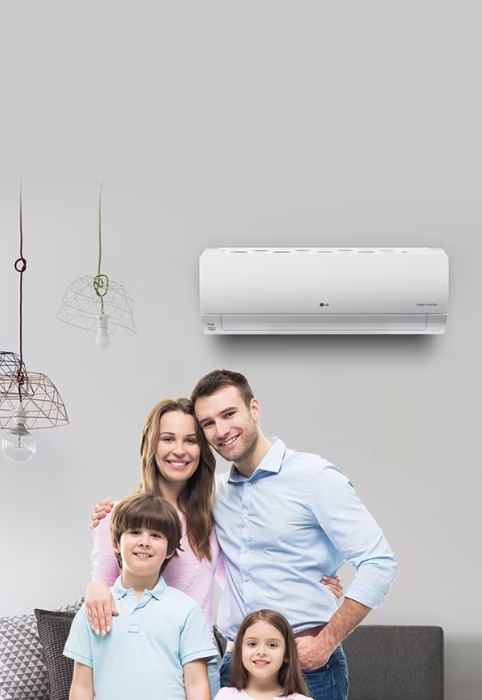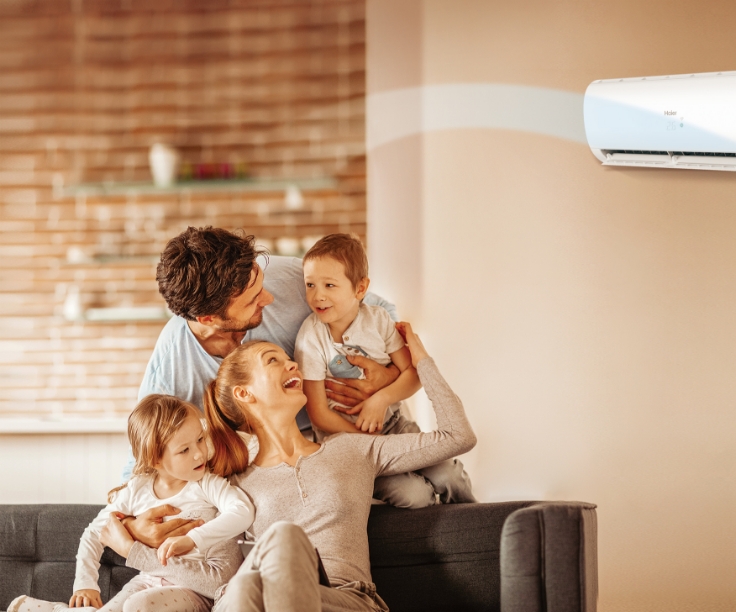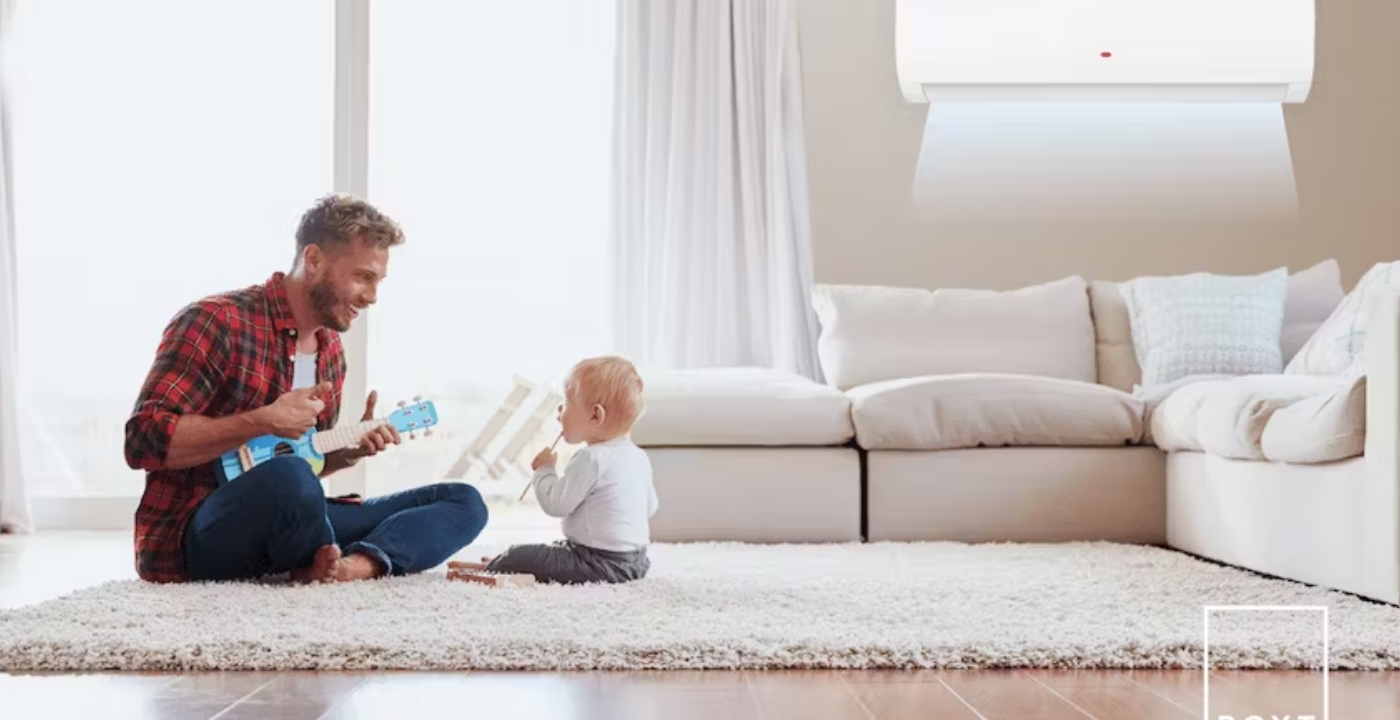Top Things to Know About Air Conditioning Systems
In places with warm climates, most homes use air conditioning systems. Perhaps they are a luxury for some people, but a necessity for many. Considering the power and cost of the equipment to run it, consumers must be knowledgeable about their air conditioners. These things should make you more informed about your air conditioning system, how to use it well, and take care of it better.
How Does an Air Conditioner Work?
The function of air conditioners is to cool the room by moving heat from inside to outside the room. The air conditioning unit pulls the heat from the air and cools it by blowing it over to an evaporator coil, which is a set of cold pipes. The evaporator coil is full of a special substance, usually in liquid form, referred to as a refrigerant. As the refrigerant absorbs heat from the air, it changes its form from liquid to gas. It will be driven outside the room through a condenser coil where it throws out the heat and transforms back to a liquid form. The compressor moves the refrigerant between the evaporator coil and condenser coil.
A ‘Ton’ of Cooling
Before there were air conditioning systems, people cool by saving huge blocks of ice. When they began using cooling machines, they rated the capacity of these machines by the amount of melted ice in one day. This is where the word ‘ton’ came from for measuring air conditioning.
Now, a ton of cooling means bringing 12,000 BTU (British Thermal Unit) per hour of cooling. Usually, a window air conditioning unit is below one ton. A large central air conditioner is around five tons, while a small one is around two tons.
Problems on Air Conditioning Systems
Air conditioning systems use complex mechanical techniques that depend on a huge range of factors to function properly. Their sizes vary according to the “load” inside the room. They should have a specific amount of refrigerant and air flow within the coils. The system may have problems in case any of these factors change. Here are some of the problems that the system might encounter:
- The air conditioning unit might not be able to cope if there is more heat inside the room because of changes in the room or because of having more occupants or appliances.
- If there is less airflow within the condenser coil, it reduces its ability to throw out heat outside. This lowers the capacity of air conditioning systems, particularly at hotter outdoor temperatures.
- In places with dry climates, similar problems may arise to the evaporator coil – lower airflow is not good and higher airflow helps. The condition may be more complex in places with humid climates. There would be less dehumidification with higher airflows, which result in higher humidity inside.
However, if the airflow becomes very low, the evaporator coil might freeze. This can damage the compressor and make the performance worse. When the compressor fails, you will have no cooling and it will leave you with high repair costs.
- If the refrigerant leaks out, it reduces the cooling capacity of the system. The unit may not be able to carry a heavier load.
Function of the Filters
Almost all air conditioning systems have an upstream filter of the evaporator coil. This can also be located in special slots within the duct system or in the return grille. The primary function of the filter is to protect your air conditioner. It keeps the dust and other particles from accumulating in the evaporator coil, keeping the system clean.
While the unit is running, the filter gets filled with more contaminants. This eventual build up will reduce airflow and increase resistance. This is the time when you have to change the filter. The length of time for the system to get clogged depends on the size of the filter and how dirty the air is.
There will be lower airflow if you do not change the filter when needed, causing the system not to function well. It may also be a source of air pollution if your filter is too dirty. If you take it out completely, you will have no problem regarding low air flow, but only for a short period.
The particles that would have been taken out by the filter will accumulate on the evaporator coil and cause it to fail in the long run. It will be cheaper to buy a new filter than to repair the whole system.
Maintenance of Air Conditioning Systems
Most consumers can take care of regular maintenance like changing filters, but others would require professional help.When the cooling season begins, it is a good idea to clear dirt and anything that obstructs the drain and the coils. This may require professional help, depending on the consumer and the air conditioning system.
If the unit does not produce as much cold air as it should, this may be a sign of airflow or refrigerant problems. These kinds of problems may require professional help.
Improving the Energy Efficiency
There are certain things that you can do to increase the energy efficiency of air conditioning systems, including replacing dirty filters, cleaning the coils, keeping the right airflow and refrigerant charge, and sealing leaky ducts.
If you are just about to purchase a new air conditioning unit, consider getting one with high efficiency. The most common efficiency rating is SEER or Seasonal Energy Efficiency Rating. The minimum efficiency rating you must consider is SEER 13, but higher efficiencies tend to be really cost-effective.
You may also consider other efficiency ratings, depending on the climate where you live. For instance, in places with dry and hot climates, you must look at the EER or Energy Efficiency Rating that says how well the unit would work in peak conditions. In places with humid and hot climates, you have to consider how well the system can dehumidify.
These are the basic things that you need to know about air conditioning systems. This guide will come in handy when you are ready to purchase your air conditioner.








